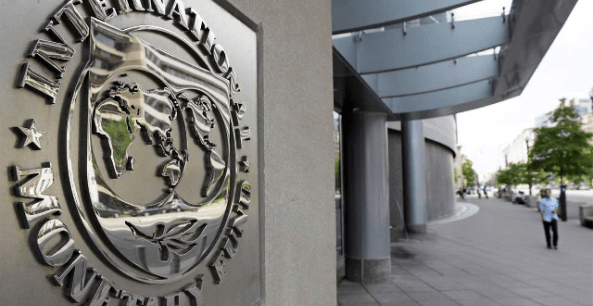The International Monetary Fund has urged the Central Bank of Nigeria and other monetary authorities to deemphasise monetary policy as a way of tackling the resurgence of inflation.
In a new report titled “Rethinking monetary policy in a changing world,” the Washington-based lender said the ability of central banks to set monetary policy and control the economy in more fraught times hinges on its independence.
According to the report, the low-interest rates and less extreme public debt levels that prevailed after the global crisis of 2008 permitted central banks to ignore what were then relatively inconsequential interactions between monetary and fiscal policy.
However, during the COVID-19 crisis, circumstances changed dramatically, and government spending rose sharply in many economies, the report stated.
It noted that as spending was increasing, countries were hit by supply shocks of unprecedented proportion, largely the result of pandemic-related problems—such as supply chain disruptions, which added to inflation pressures.
The report read in part, “The pandemic demonstrated that monetary policy does not always control inflation on its own. Fiscal policy also plays a role. More importantly, the accompanying buildup of public debt raised the possibility of fiscal dominance—in which public deficits do not respond to monetary policy.
“Whereas low debt levels and the need for stimulus allowed monetary and fiscal authorities to act in tandem following the global financial crisis, the prospect of fiscal dominance now threatens to pit them against one another.”
Noting that the central bank’s position may come into conflict with the government’s desires, the IMF said central banks could retain independence only if they promise not to accede to any government desires to monetise excessive debt, which would then force authorities to cut spending or increase taxes, or both—so-called fiscal consolidation.
“Most important, the central bank must keep public opinion on its side, because the public is the ultimate source of its power and independence. That means the central bank should effectively communicate the rationale for its actions to retain public support, especially in the face of fiscally driven inflation.
“A central bank ultimately maintains its dominance if it is able to credibly promise that it will not bail out the government by monetising public debt if there is a default,” the report read further.
SOURCE: THE PUNCH











